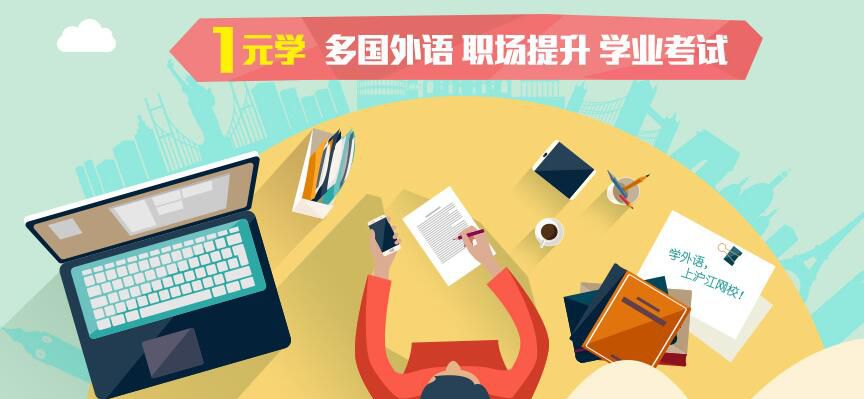正月新年习俗:初八到十五知多少?
今天是正月初八,上班族都已经开工啦,比如小编~~ 学生党们应该还在寒假~~ 传统意义上的中国春节,要到正月十五才算结束呢~~
之前推送的:
明天就是小年了,小年到除夕如何过出年味儿?
初一到初七 春节习俗有讲究~
当然要接力到正月十五,才是完完整整的春节习俗嘛~~ 有同学问小编,为什么总是推送传统习俗。因为四六级翻译会考到这些内容啊,平时做些双语阅读熟悉下也是不错的~~
好的,开始啦~ 初八到十五古人会做什么~~
01
大年初八:放生祈福
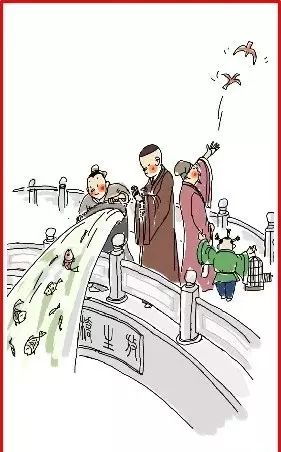
The eighth day is believed to be the birthday of millet, an important crop in ancient China.
初八被认为是中国古代一种重要粮食——谷的生日。
According to folk proverbs, if this day is bright and clear the year will be a harvest year; however, if this day is cloudy or even rainy, the year will suffer from poor harvest.
根据民间俗语,这一天如果晴朗明亮就预示着大丰收,而如果多云甚至下雨就预示着今年会歉收。
Meanwhile, people also set free captive animals on this day, with a blessing for all living beings toflourish in the New Year.
此外,这一天人们还会放生动物,祝福新的一年里所有生物都繁荣兴旺,生生不息。
02
大年初九:玉皇天诞
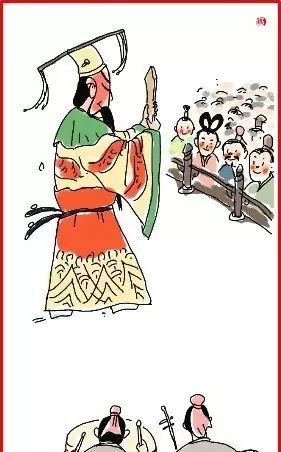
The ninth day is called Ti Kong Dan, or the birthday of the Jade Emperor.
初九被称为“天公诞”,即玉帝的生日。
There will be grand ceremonies in Taoist temples on this day, and ordinary families also offer sacrifices to the Jade Emperor.
这一天,道家寺庙会举办华丽隆重的庆典,寻常人家也会祭祀玉帝。
03
大年初十:祭石感恩
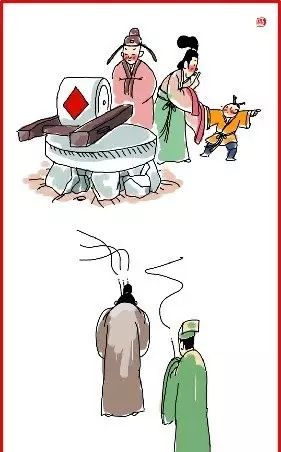
The 10th day is believed to be the birthday of the God of Stone which played a very important role inthe agricultural society of ancient China.
初十被认为是石头神的生日,在古代中国的农业社会占有非常重要的地位。
On this day, people are forbidden to move any stone, including stone rollers, stone mills and herb grinders, and should not cut into a mountain for rock or build a house with rocks, otherwise bad things will happen to the crops.
这一天切忌移动石头,包括石碾、石磨、研磨器具等等,也不能开山采石或用岩石建房子,否则这年庄稼就会遭殃。
People also burn incense and candles for the stones and offer pancake to the God of Stone.
人们还会焚香、点蜡烛以供奉石头,向石头神上贡烤饼。
04
大年十一:祭奉紫姑
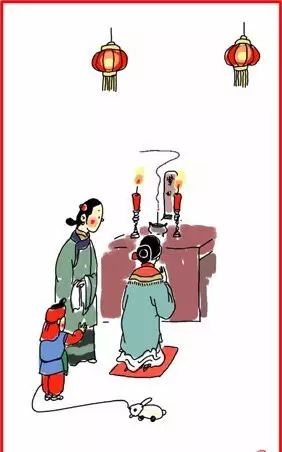
People make offerings to Zi Gu, the guardian angel for weak women, on the 11th day.
正月十一,人们供奉紫姑,紫姑是可怜女子的守护神。
This day is also for Yuefu (fathers-in-law) to entertain Nvxu (sons-in-law).
这一天也是岳父宴请子婿的日子。
In many areas, after this day, people will start preparing for the upcoming Lantern Festival which is on the 15th day of the 1st month.
许多地方在这天之后会开始准备即将到来的灯节——正月十五。
05
大年十二:搭建灯棚
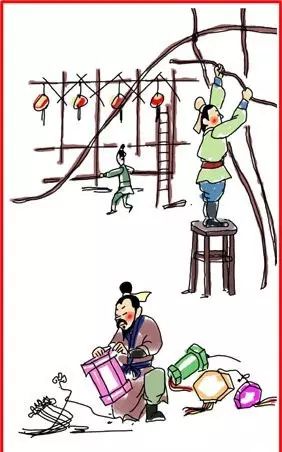
Families buy lanterns and build a lantern shack on the 12th day.
家家户户会买灯笼,然后在正月十二建一个灯笼棚。
06
大年十三:灶下点灯
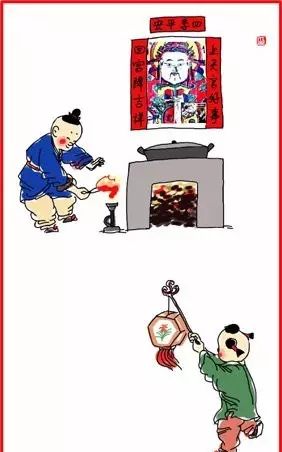
On the 13th day, preparations for Lantern Festival continue.
正月十三,继续准备元宵节。
07
大年十四:供奉临水
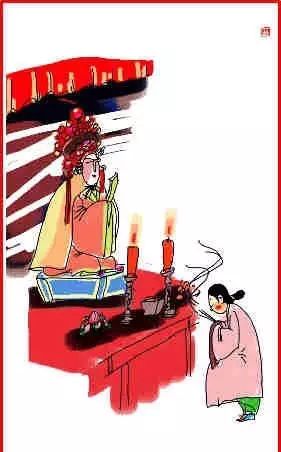
The 14th day is the birthday of the Goddess of Linshui, who is believed to protect women from dying in childbirth.
正月十四是临水娘娘的生日,临水娘娘是拯救难产妇女的神仙。
People make offerings to the goddess on this day.
人们在这一天供奉临水娘娘。
08
大年十五:元宵佳节
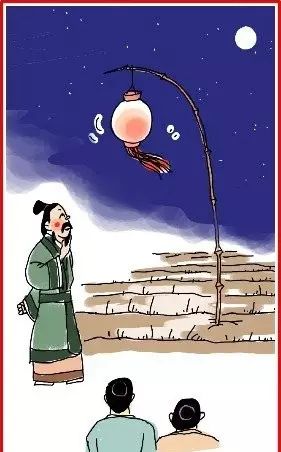
The 15th day of the 1st lunar month is commonly celebrated as Yuan Xiao Jie, or Lantern Festival. The festivities of the Chinese New Year reach a climax on this day.
正月十五一般被称为元宵节或者灯节,中国新年庆祝活动在这一天达到顶峰。
Since early morning, dragon and lion dancers parade on streets crowded with people. In the evening families go out together to enjoy the full moon and appreciate colorful lanterns and also solve lantern riddles.
一大早,街上就挤满了人群,观看舞龙舞狮。晚上,全家人会一同外出欣赏满月,观看缤纷多彩的灯笼,一起猜灯谜。
Chinese people also eat Yuan Xiao, a traditional food made of glutinous rice flour which symbolizesfamily togetherness and reunion.
人们还会吃一种由糯米做成的传统美食——元宵,寓意阖家团圆。
This day officially marks the end of Chinese New Year celebrations.
这一天往往为中国新年庆祝活动划上句点。
阅读上面的双语有困难?戳我开启达人修炼计划>>>
1元学多国外语 | 职场提升 | 学业考试
